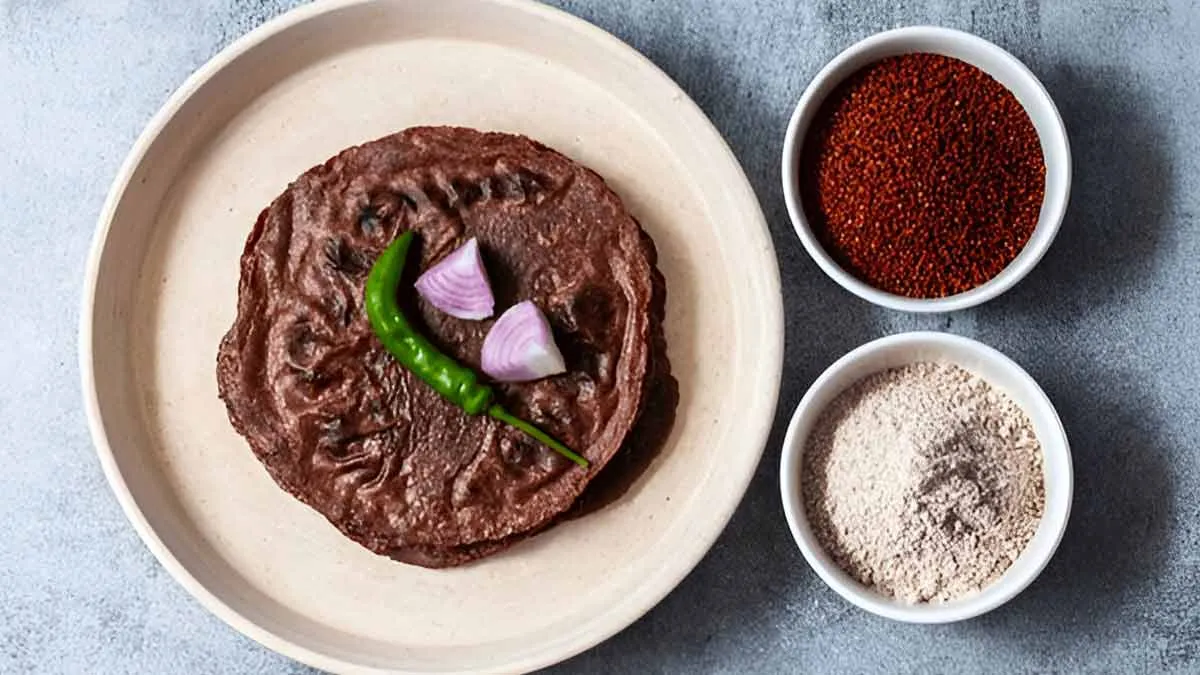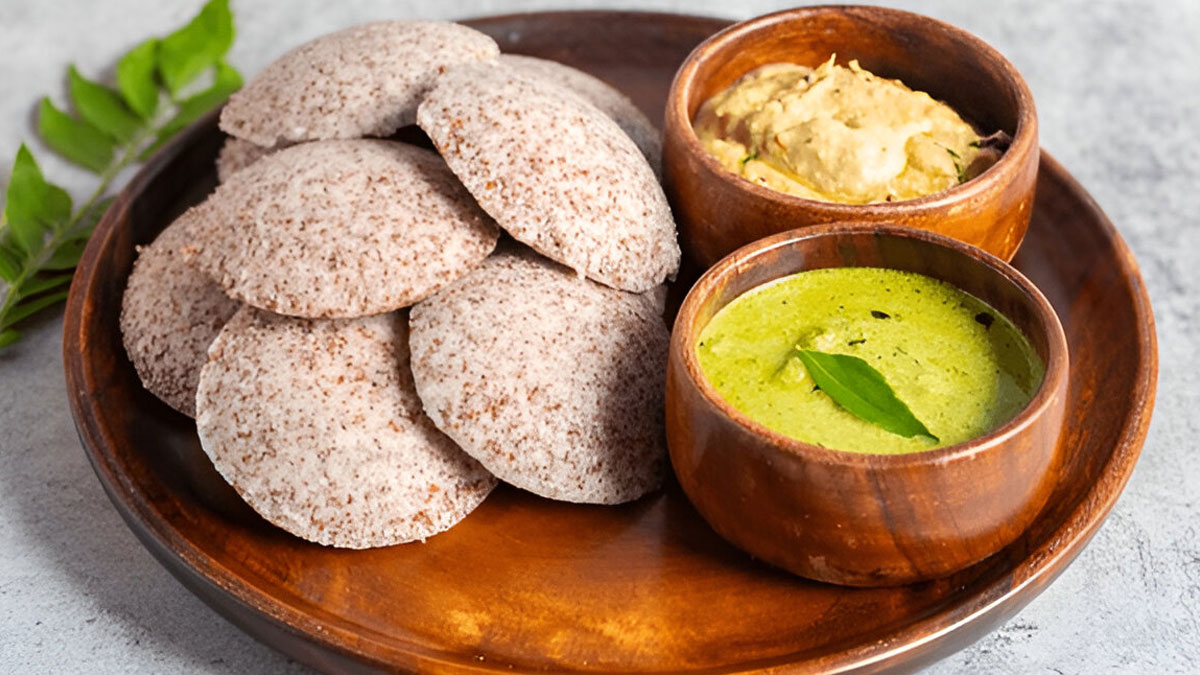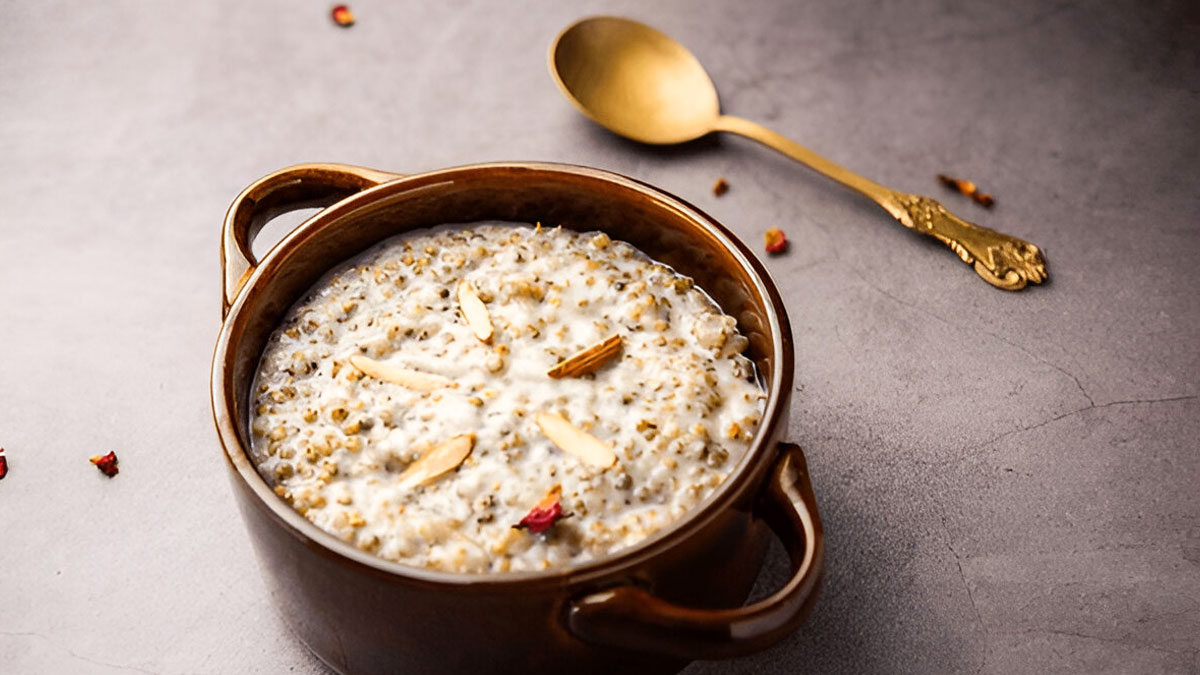
Ragi, also known as finger millet, is a healthy grain that is naturally gluten-free. It is an excellent alternative for individuals with coeliac disease and gluten sensitivity or those who want to cut down their gluten intake. While ragi offers several health benefits, it is especially beneficial for pregnant women due to its high content of calcium and iron, which support bone health and prevent anaemia, as well as fibre, which aids digestion.
In an interaction with the OnlyMyHealth team, Dr Aastha Gupta, Senior IVF consultant and fertility expert, obstetrics and gynaecology, Delhi IVF, New Delhi, lists some of the ragi benefits for pregnancy.
Table of Content:-
Also Read: Ragi Can Help Manage Period Pain: Here Are Its Benefits and How to Eat It
Nutritional Profile Of Ragi

When taken in moderation, ragi can be highly beneficial for pregnant women, given its high nutritional value. A 2011 study in the Journal of Food Science and Technology points out that ragi, or finger millet, is not only as good as rice, wheat, or barley in terms of protein, carbohydrates, and energy but also has some unique advantages. It contains:
- 5–8% protein
- 65–75% carbohydrates
- 15–20% dietary fibre
Additionally, it contains more minerals than most cereals, especially calcium – at 344 mg per 100 g, the highest among grains.
What makes it even more interesting is that compounds once dismissed as 'anti-nutrients', such as phytates, tannins, and polyphenols, are now valued for their role as natural antioxidants. Researchers noted that these substances, found in the grain’s seed coat, along with its rich fibre content, are linked to better health, protection against ageing, and prevention of lifestyle diseases.
Health Benefits Of Ragi For Pregnancy

According to Dr Gupta, ragi can be especially beneficial during pregnancy because of its rich nutrient profile.
- Its high calcium content supports strong bones and teeth in both mother and baby, while its iron helps lower the risk of anaemia, which is common in expecting mothers.
- The grain’s fibre content eases constipation and aids digestion, and its protein, along with essential amino acids, contributes to healthy foetal growth.
- With a low glycaemic index, ragi also helps manage blood sugar levels, making it useful for women with gestational diabetes.
- Additionally, being naturally gluten-free, it is a safe and wholesome option for those with gluten intolerance.
How To Include Ragi In Pregnancy Diet
Here are some delicious meals you can cook with ragi that can support your pregnancy journey:
- Ragi porridge (nachni satva)
- Ragi roti or dosa
- Ragi malt (sweetened with jaggery instead of sugar)
- Ragi idli
- Ragi laddoos
Also Read: Ragi Can Be Used to Make Tea Too: Here's How It Benefits Your Health
Precautions To Take

If you eat too much of anything, you are likely to experience side effects. It is crucial that pregnant women mind the quantity of ragi they consume, as excessive consumption can cause certain digestive distress like bloating and gas.
Some of the precautions to take:
- Avoid excessive intake of finger millet or ragi, as too much fibre can cause bloating or gas.
- Best consumed in cooked form – raw ragi flour is not advised.
- If you have thyroid issues, limit intake, as millet in excess may interfere with iodine absorption.
Conclusion
Ragi is a nutritious grain that provides several health benefits to normal healthy individuals. But at the same time, it can be a powerful addition to a pregnancy diet, especially if it is in moderation. Its calcium-, protein-, and antioxidant-rich content not only makes it highly nutritious but also helps reduce the risk of various health issues, especially during pregnancy. If you’re unsure about whether or not you should include ragi in your diet, consult a gynaecologist to ensure a smooth and safe pregnancy journey.
Also watch this video
How we keep this article up to date:
We work with experts and keep a close eye on the latest in health and wellness. Whenever there is a new research or helpful information, we update our articles with accurate and useful advice.
Current Version